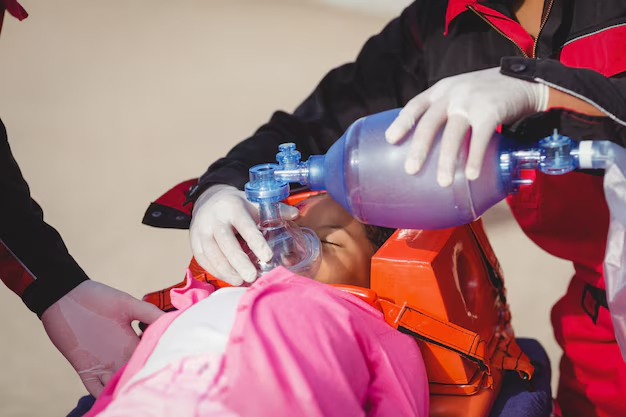How to Become a Paramedic in Texas: Education and Certifications
If you're interested in becoming a paramedic in Texas, it's essential to understand the educational and certification pathways that prepare you for this rewarding career. A paramedic must be equipped with the knowledge and skills to handle medical emergencies effectively, which requires a combination of formal education, hands-on training, and state certification. Initially, aspiring paramedics in Texas need to complete an Emergency Medical Technician (EMT) basic training course, which is a stepping stone to more advanced paramedic programs. Following this, one can enroll in a state-approved paramedic training program, often offered by community colleges or specialized training institutions, which typically leads to an Associate of Applied Science in Emergency Medical Services. This program includes rigorous coursework covering topics such as anatomy, cardiology, medications, and medical procedures, alongside practical training.
Upon completing the educational requirements, the next step is to obtain certification by passing the National Registry of Emergency Medical Technicians (NREMT) exam at the paramedic level, followed by applying for licensure with the Texas Department of State Health Services (DSHS). Additionally, obtaining certifications such as Advanced Cardiac Life Support (ACLS) and Pediatric Advanced Life Support (PALS) is highly recommended, as they enhance a paramedic's competency and employability. With a structured educational plan and certification in place, you're on the path to delivering life-saving care on the frontline of medical emergencies in Texas.
Steps to Becoming a Paramedic in Texas
-
🎓 Complete EMT-Basic Training
- Initial certification required for entry into paramedic programs
-
📚 Enroll in a Paramedic Training Program
- Typically, an Associate of Applied Science in Emergency Medical Services
-
🎓 Pass the NREMT Exam
- Gain national certification as a paramedic
-
🏛️ Apply for Texas State Licensure
- Licensure with Texas Department of State Health Services
-
🏆 Consider Additional Certifications
- Advanced Cardiac Life Support (ACLS)
- Pediatric Advanced Life Support (PALS)
These educational pathways ensure that paramedics are well-prepared to meet the critical demands of their role, making a meaningful impact on the communities they serve.
